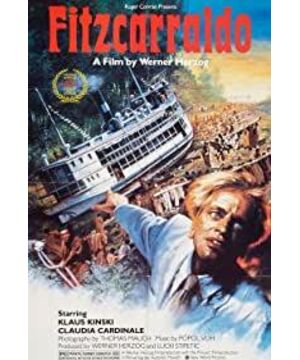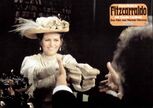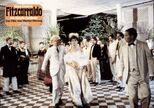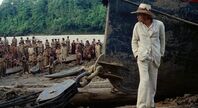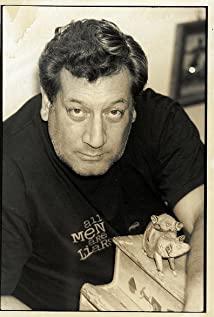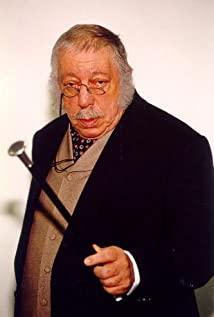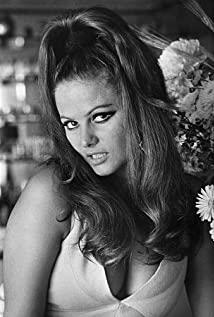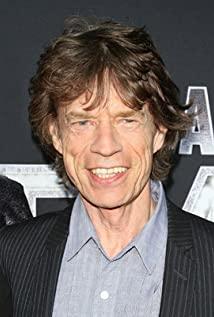When they saw them drag the boat up the mountain little by little and into the river, I thought that many adventurers in the past also carve out a piece of Xinjiang soil based on their faith? Whether it is Columbus, Magellan or the solitary missionaries, they not only have to deal with unfamiliar natural environments, but also face misunderstandings and conflicts brought about by different cultures, and finally go through various efforts to complete their mission and promote cultural exchanges.
Fitzgerald's psychological motivation to bring opera to a savage place is surprisingly consistent with those who spread the gospel, so I would like to think of him as a missionary, and opera is like the gospel. In this way, the seemingly absurd and crazy behavior actually has a root in reality. The extremely realistic details in the movie are also connected to some historical events. For example, giving the indigenous people ice cubes and letting the indigenous people help him pull the boat is a civilized exchange. In addition, Jinsky played here is also an adventurer into the Americas, but it is very different from Aguirre in "The Scourge". Although they are all crazy, they are not as arrogant as Aguirre. He is a strong outsider, but he is also learning to adapt to the indigenous culture. For example, in the movie, he drank the indigenous beverage in a container that looked like coconut shell. The production of that beverage requires saliva to ferment. The specific situation is not clear, but he has seen documentaries and some books. It is not the background of Herzog to travel around the world, it is difficult to make such a realistic and detailed film.
View more about Fitzcarraldo reviews


